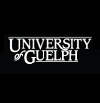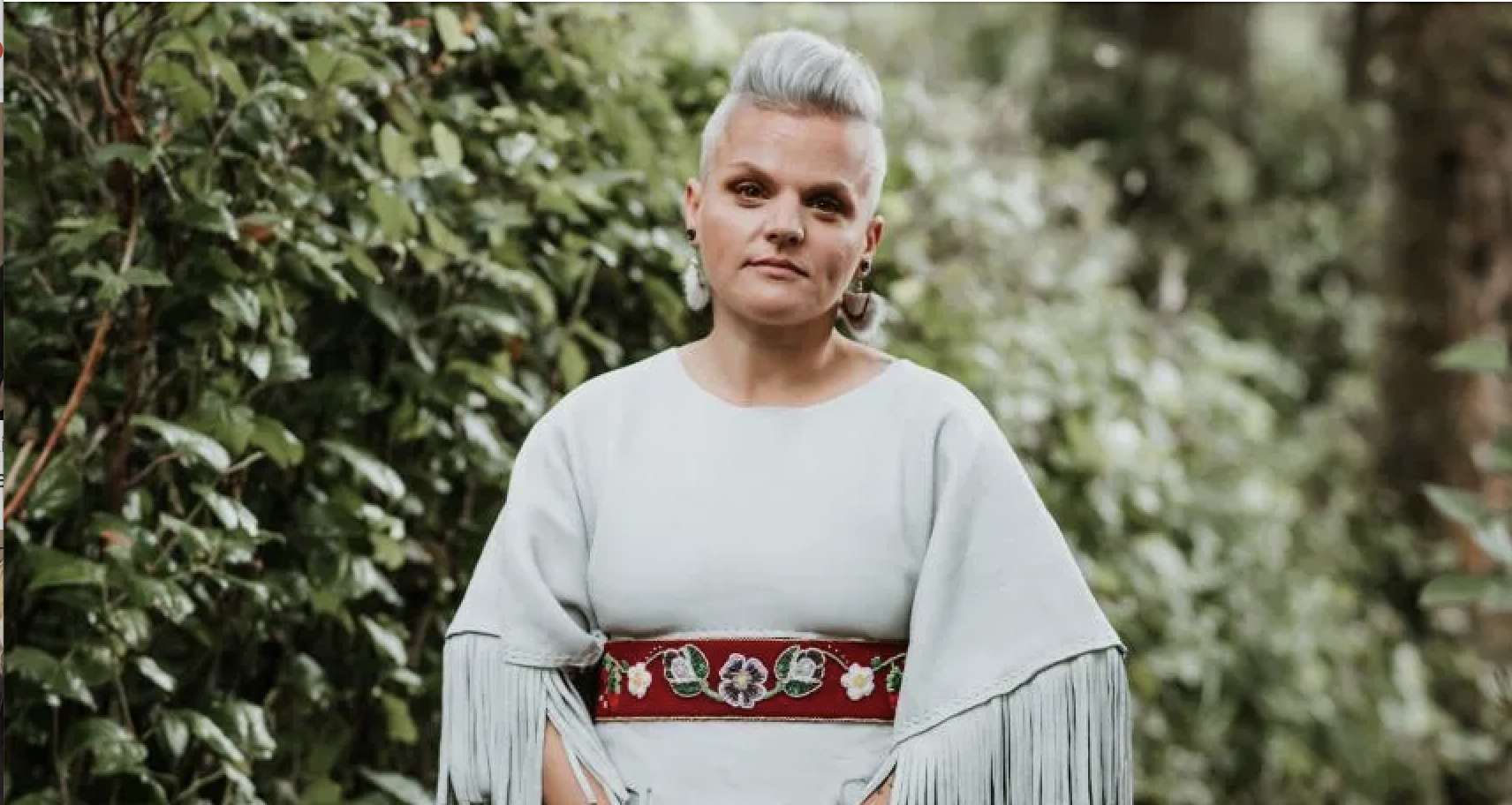U of G Alumni's Journey to Supporting Indigenous Community-led Development
Photo Credit: Darby Magill Photography. Aanii/Bozho Indinawemaaganidog. Wasayakwe nzdizhnikaaz. Mukwa dodem. Hello all my Relations! My Anishinaabemowin name is Northern Lights Women and I am Bear Clan.
In honor of National Indigenous Peoples Day on June 21, and National Indigenous History Month, we share the remarkable story of Colleen O’Toole (BEng ’08), proud alumna of the University of Guelph (U of G).
Born in Whitehorse, Yukon Territory, Colleen grew up on a small farm in Southwestern Ontario with limited connection to her Anishinaabe culture. As an adult, she continues to explore her Indigeneity, and was gifted her Anishinaabemowin name . Colleen identifies as a queer, white-passing, mixed-race Indigenous woman. She has a passion for engineering and sustainable development, which led her to pursue a Bachelor of Engineering in Environmental Engineering at U of G, graduating in 2008.
During her time at U of G, Colleen actively participated in the co-operative education program, which provided her with valuable experiences and opportunities. One of her work terms took her to British Columbia, igniting her passion for supporting Indigenous communities in land development and civil utilities renewal and replacement projects. It was this passion that ultimately led her to join Kerr Wood Leidal (KWL) Associates Limited in Burnaby, British Columbia, where she continues to work today, more than 15 years later.
Colleen’s work at KWL focuses on creating inclusive spaces for dialogue and removing barriers to support Indigenous community-led projects. Her projects often involve supporting Indigenous communities through projects which address challenges such as coastal erosion and the revitalization of traditional practices like clam gardens. Colleen’s deep appreciation for Indigenous knowledge and science, rooted in her Anishinaabe heritage, guides her approach to engineering solutions, emphasizing the importance of recognizing and integrating traditional wisdom.
One of the communities Colleen is currently supporting has experienced significant impacts to traditional food gathering spaces due to industry and coastal erosion. The community is seeking to reinstate clam gardens within the intertidal zone, a practice deeply rooted in Indigenous knowledge and science. By collaborating with Knowledge Holders, marine scientists, and coastal engineers, Colleen emphasizes the importance of recognizing and integrating Indigenous knowledge and science into sustainable solutions. A critical factor within this work is to ensure that community members voices are heard, and the processes and solutions are driven by community.
On National Indigenous Peoples Day and throughout National Indigenous History Month, Colleen takes time to reflect on the importance of these observances. For her, they hold personal significance as reminders of the ongoing need for reconciliation, truth-telling, and acknowledging the colonial legacy that continues to impact Indigenous communities. Colleen believes that celebrating and raising awareness about Indigenous cultures contributes to the broader recognition and appreciation of Indigenous peoples' contributions and relationship to place long before it was called Canada.
Colleen's approach to her work and community projects reflects her commitment to community-led development. She believes in taking the following steps to ensure the projects she supports contribute to this goal:
- Listen first and don’t insist on your inclusion
- Create space for Elders, Knowledge Keepers, and youth participation
- Educate yourself (without requiring Indigenous people to be responsible for the education) and learn from making mistakes
- Use privilege for good and avoid speaking for others
- Remember the importance of language and cultural significance
- Support research with and by Indigenous communities
As we celebrate National Indigenous Peoples Day and National Indigenous History Month, Colleen’s journey as an Indigenous engineer and advocate for sustainable community building is an inspiring example of how individuals can support community-led projects grounded in the unique Indigenous values and practices of the communities we serve. Her commitment to inclusivity, truth-telling, respect, and partnership serves as an example for engineers and professionals across Canada and beyond, reminding us all of the importance of our own role in reconciliation.
Colleen firmly believes that we all have a role in reconciliation and a responsibility to take concrete actions toward decolonization. This starts by recognizing the inherent land rights and title to land, understanding the systemic barriers that Indigenous Peoples have faced, and acknowledging the colonial legacy that continues to impact Indigenous communities today. Dismantling western bias, frameworks or practices and including and amplifying Indigenous voices, practices, and rights creates more inclusive, respectful spaces. Colleen encourages readers to make space for Indigenous joy!
Acknowledgment
Alumni Affairs & Development would like to acknowledge the support and guidance from Colleen O’Toole for this story. We offer our sincere gratitude for sharing your knowledge and experience with us. We are committed to fostering inclusive excellence within and across communities, founded on the principles of reconciliation and diversity. We aim to amplify Indigenous stories and voices as part of our role in reconciliation. By collaborating with Indigenous communities, the University of Guelph is committed to advancing truth and reconciliation.
Share With Friends




